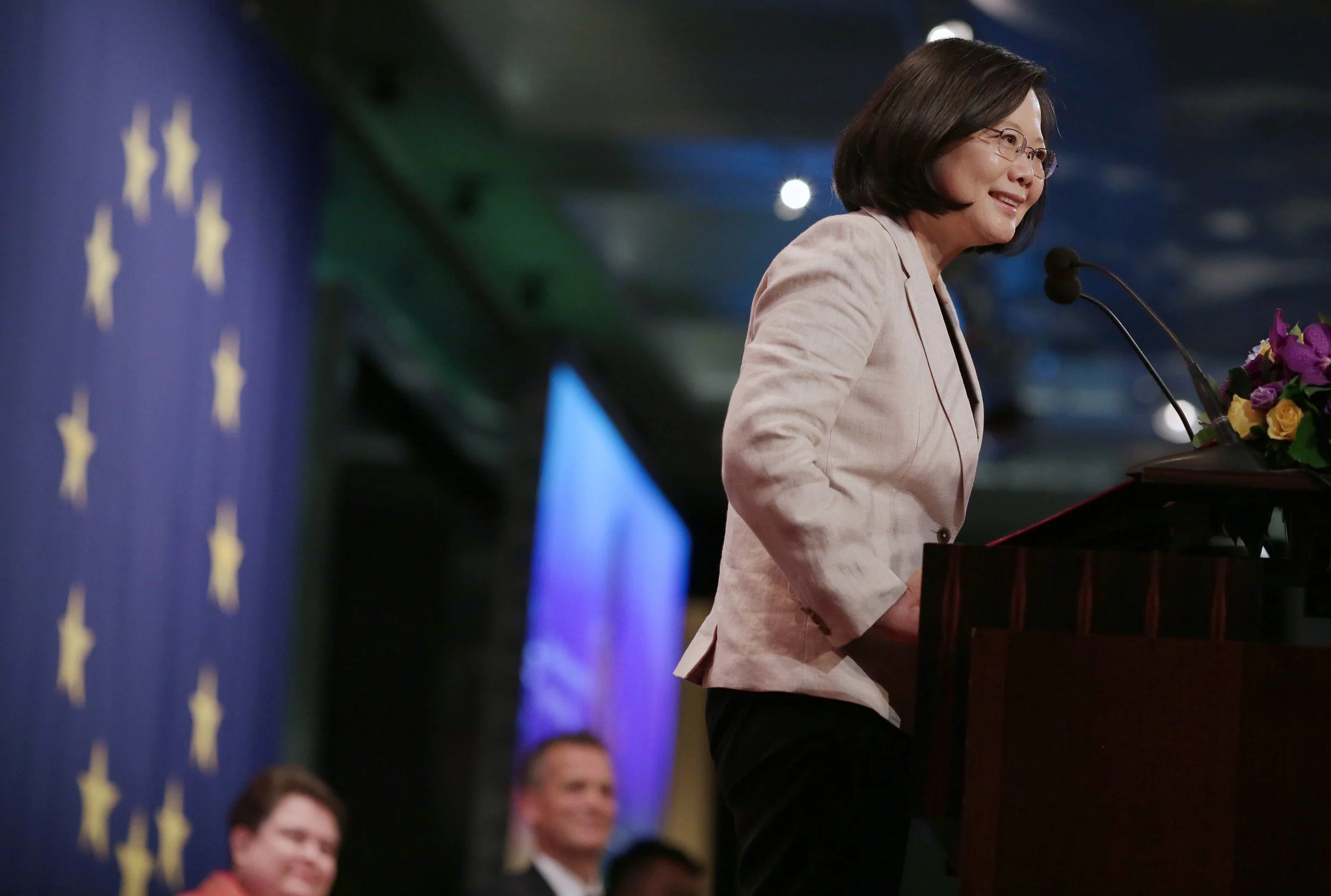Written by Dr Justyna Szczudlik
Sympathising with the idea of hybrid peace is a dangerous trap for the West. The only way to undermine Sino-Russian alignment, deter China from aggressive moves, and defend the rules-based order is to do everything possible to help Ukraine win the war.
Read More














